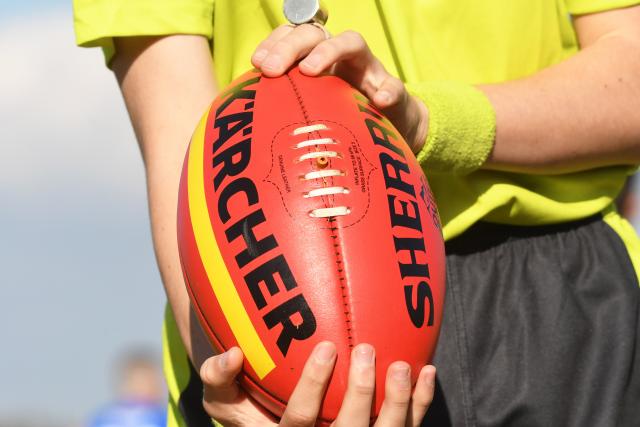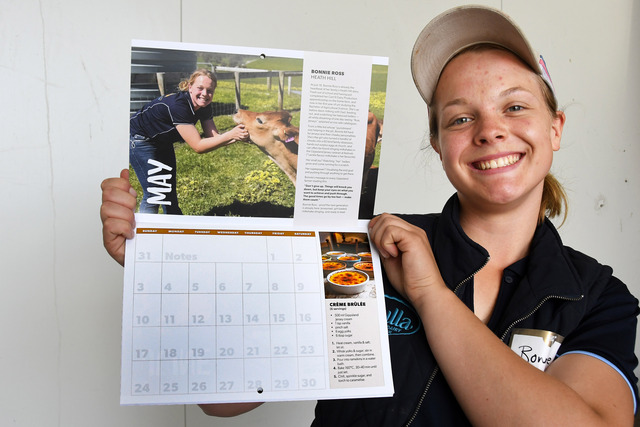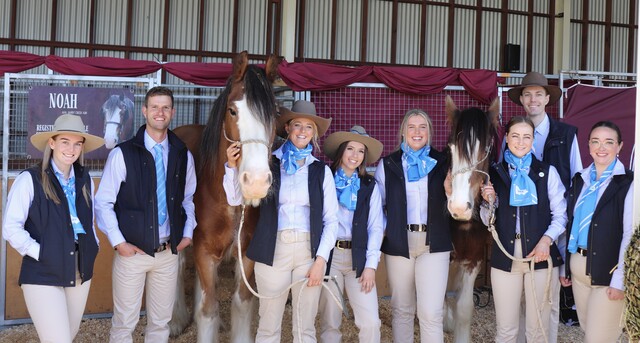The increased scrutiny and attention on concussion and head injuries in football has seen the AFL introduce a mandatory minimum 21-day return-to-play protocol after suffering a concussion for community footballers.
All Australian Football competitions outside of the AFL and AFLW will adopt the minimum 21-day protocol, including VFL, VFLW and Coates Talent League competitions, an increase on the 12-day graded loading program from 2023.
The new guidelines mean that the earliest a player who suffers from a concussion can return to play is the 21st day after the concussion diagnosis, provided they receive a medical clearance and complete the return-to-play program.
The day on which the concussion is sustained is considered Day Zero, with Day One being the day after the game.
For example, should all fixtures occur on a Saturday, the protocols mean that, at a minimum, the player will miss matches on the following two Saturdays.
Should medical clearance be obtained by the player from their medical practitioner, and the player successfully progresses through all three stages of the return-to-play program, the player will be eligible for selection on the third Saturday post the concussion diagnoses, the 21st day since the incident.
The updated guidelines insist on a minimum period of 24 hours or longer for each step of progression through the return-to-play program and, if any symptoms recur during the graded return to training and play stage, the player athlete must go back to the previous symptom-free step.
The guidelines also insist on an individualised approach to return to play where factors such as young age, a history of learning disorders or mood disturbance that may impact on monitoring of recovery, or a history of multiple concussions, may necessitate a more cautious and conservative approach.
The player must have medical assessment prior to being cleared to return to full contact training with the group and then a further medical assessment before being cleared to return to play.
AFL General Counsel Stephen Meade said the AFL takes very seriously the issue of concussion and the updated community football guidelines reflect the AFL’s ongoing commitment to the health and safety of all present, past and future players.
“The updated community guidelines represent a significant step in the AFL’s existing record of ongoing improvements to its concussion management strategy that reflect medical research and other learnings over time,” Mr Meade said.
“We play a contact sport and there is always going to be risk, however over recent years we have continued to take action to strengthen match-day protocols and amend the Laws of the Game to discourage high contact, and we will continue to do so.
”While there are risks of injury in our sport, we will continue to act to reduce and manage those risks, and there are also many very significant physical and mental health benefits of playing our great game.
“The AFL’s concussion guidelines are the most stringent concussion protocols in Australian sport both at a community and elite level and we are committed to continuing to take action to protect the safety of players at all levels of the game.”
The new community football guidelines and the elite football guidelines are in-step with the recent Australian Institute of Sport’s Concussion and Brain Health Position Statement regarding return to play protocols post-concussion, the AFL said.
The full details of the new community football guidelines will be released in the coming weeks ahead of the community football seasons.







